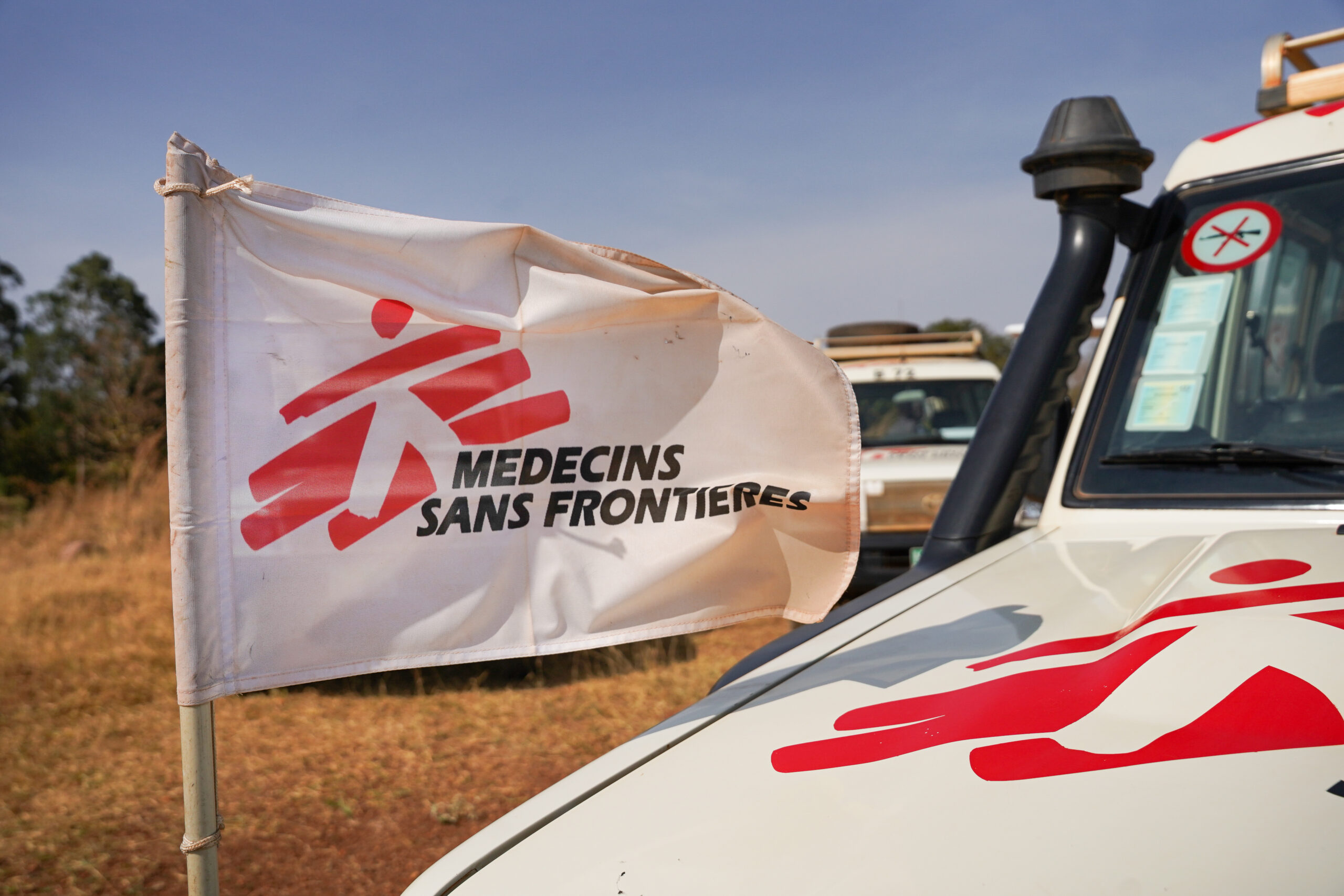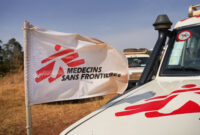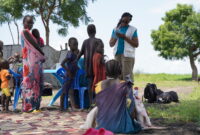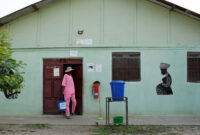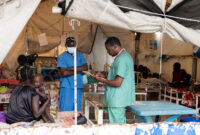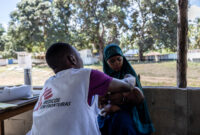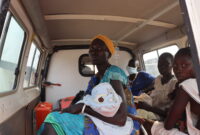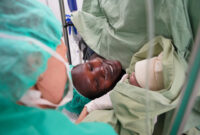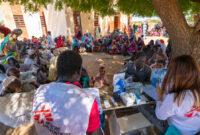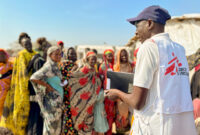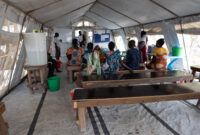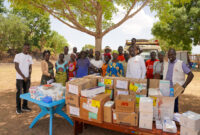South Sudan: MSF condemns abduction of Health Ministry staff in Morobo County
This incident further highlights the growing violence against healthcare workers in South Sudan.
Doctors Without Borders/Médecins Sans Frontières (MSF) strongly condemns the abduction of a Ministry of Health (MoH) staff member from an MSF ambulance in South Sudan’s Morobo County, Central Equatoria State, at around 10:00 a.m. on July 25. Although the staff member was released unharmed on July 26, this incident further highlights the growing violence against healthcare workers in South Sudan.
The staff member was accompanying patients who had been referred for advanced medical care in Yei and were returning to Morobo after their discharge. During the journey, armed individuals intercepted the ambulance, forced the MoH staff member to leave the vehicle and abducted her. The MSF driver, other staff, and patients were allowed to continue.
“What we are witnessing is a disturbing and unacceptable trend, where the impartial provision of healthcare services faces indiscriminate attacks,” says Ferdinand Atte, MSF’s country director in South Sudan. “This incident is not just an attack on one individual; it is a direct assault on the healthcare system meant to serve the most vulnerable in our communities.”
Over the past few months, there has been a deeply concerning rise in attacks on healthcare in South Sudan. MSF has been forced to close two hospitals in South Sudan due to these attacks. In Yei and Morobo counties, the volatile security situation continues to present ongoing challenges for the delivery of medical and humanitarian services.
In May, we made the difficult decision to reduce our outreach services in these counties due to increased insecurity. As a result, MSF provided only 3,427 consultations in May and June 2025 — half the number recorded during the same period in 2024. This sharp decline leaves already isolated communities, who live far from health facilities, with even fewer essential medical services.
Attacks on healthcare workers and facilities not only endanger the safety of health workers but also disrupt critical access to medical care for communities that depend on these services.
MSF has been working in South Sudan for over 40 years, responding to major crises including conflicts, floods and disease outbreaks, and continues to deliver critical care despite ongoing violence. But no medical worker should have to risk their lives to save others. This is already the fourth serious security incident affecting MSF in just seven months, putting both our staff and the patients who rely on us at risk.
“MSF continues to call on all parties involved in the ongoing conflict in South Sudan to fulfil their obligations to protect civilians and civilian infrastructure, including healthcare workers, patients and medical facilities and guarantee safe access to populations in need. Healthcare workers must never be targeted,” says Atte.
